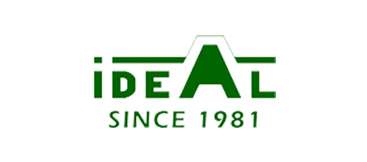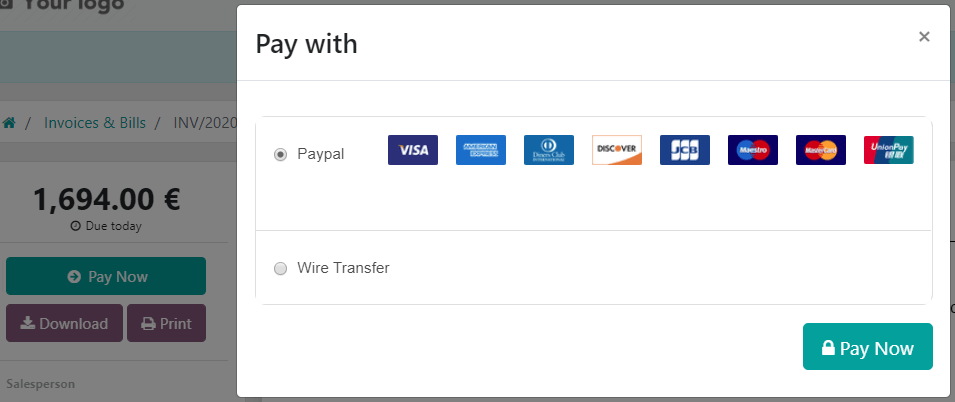Streamline Your Finance Management with Our ERP Solutions. From Planning to Execution, We’ve Got You Covered!
Let’s talk
Finance industry management is the constantly evolving regulatory environment. Financial institutions, including banks, investment firms, and insurance companies, must comply with a range of regulations to ensure transparency, security, and consumer protection. These regulations can be complex and frequently change, which can lead to compliance challenges and the need for constant monitoring and adjustment of internal policies and procedures.
Enterprise Resource Planning (ERP) software plays a vital role in streamlining financial operations for businesses in the finance industry. With ERP software for finance company, finance professionals can automate core financial functions such as accounts payable and receivable, general ledger management, budgeting, and financial reporting. This automation reduces manual errors, increases accuracy, and saves valuable time. Additionally, ERP systems enable seamless integration with other departments, such as procurement and inventory management, providing a holistic view of financial data across the organization. Get in touch now to learn more about how ERP software can transform your finance business.

















Streamline financial operations, track transactions, and ensure accurate reporting with our Accounting module for finance ERP

Gain real-time insights, monitor key metrics, and make data-driven decisions with our Real-time Dashboard module for finance ERP

Access comprehensive analytics, generate advanced reports, and drive informed decision-making with our Advanced Reports module for finance ERP

Seamlessly integrate with external systems, enhance data exchange, and optimize workflow efficiency with our Integration module for finance ERP

Automate billing processes, generate accurate invoices, and streamline financial transactions with our Invoicing module for finance ERP

Efficiently manage debit/credit transactions, track balances, and ensure accurate financial records with our Debit/Credit module for finance ERP


"After using the Odoo ERP for my construction business, our team’s performance just skyrocketed! Great product. It really saves time and effort. It is exactly what our business has been lacking. If you want to improve your construction operations, look no further – try Otibro’s ERP. I strongly recommend it!"

Improved Productivity
Enhanced Accountability
Customer Satisfaction
Streamlined Operations
Fewer Risks
Tally Integration
Artificial Intelligence
A Central Platform
Looking for Best Finance Management ERP provider?
Talk to our web app experts!
Get Free Consultation
+91-93422 58771
Send queries to
info@otibro.com
For Enquiry
The finance modules in an ERP system typically include general ledger, accounts payable, accounts receivable, cash management, budgeting, and financial reporting.
An ERP system handles financial data by collecting, storing, and processing data related to financial transactions, invoices, payments, and other financial records. The system ensures that all financial data is accurate, up-to-date, and accessible to authorized users.
An ERP system can improve financial management by providing real-time visibility into financial data, enabling faster and more accurate financial reporting, automating financial processes, reducing errors and fraud, and improving compliance with regulatory requirements.
The key features of a finance-based ERP system include customizable dashboards, financial reporting and analytics, multi-currency support, automated invoicing and payments, audit trails, and integration with other financial systems and tools.
The implementation timeline of an ERP system depends on various factors, such as the complexity of the system, the size of the organization, the number of users, and the level of customization required. On average, it can take anywhere from several months to a year or more to implement an ERP system.
To select the right ERP system for their finance needs, an organization should consider factors such as their business requirements, budget, scalability, integration capabilities, user-friendliness, and vendor support. It’s also essential to conduct thorough research, evaluate multiple vendors, and request demos and trials before making a final decision.
Some common challenges associated with implementing an ERP system include resistance to change from employees, data migration issues, lack of training and support, unexpected costs, and difficulties in integrating the system with existing software and tools.
Yes, most ERP systems offer customization options to tailor the system to an organization’s specific finance needs. However, customization can increase implementation time and cost, and may also require ongoing maintenance and support.
Cloud-based ERP software is a type of ERP system that is hosted in the cloud, which means it’s accessible via the internet and doesn’t require any on-premise hardware or infrastructure. Cloud-based ERP systems are typically more flexible, scalable, and cost-effective than traditional on-premise systems, and also offer greater mobility and accessibility.
AI can be used in finance-based ERP systems to automate routine financial processes, such as invoicing and payment processing, reduce errors and fraud, provide predictive analytics and forecasting, and enable faster and more accurate decision-making.
 Corporate Office:
Corporate Office:
54/8, 54/9, Paul Wells Rd, Sripuram Colony, Viralur, Gandhi Nagar, St.Thomas Mount, Ramapuram, Chennai, Tamil Nadu 600016.
 UAE:
UAE:
1805 Al Shafar Tower 1 Barsha Heights, Tecom Dubai, UAE
 USA:
USA:
3501 Washington ST Wilmington DE 19802-2628 USA
 Support
Support
Copyright © 2024 Otibro. All Rights Reserved.